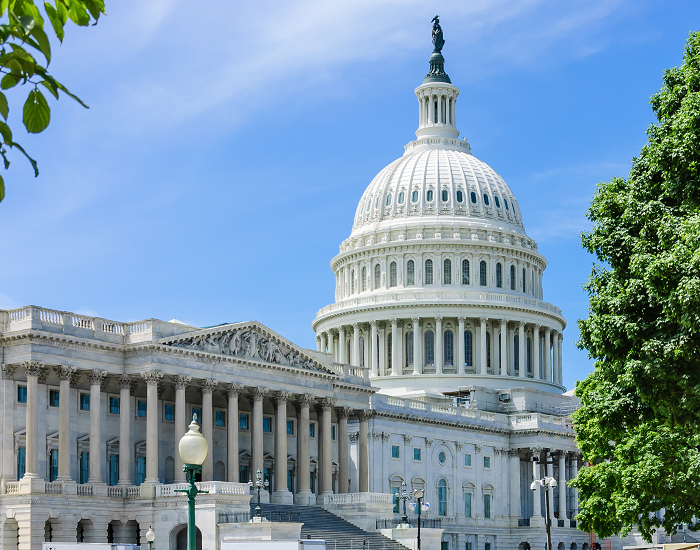
December 8, 2023
A Framework for Reforming Federal Graduate Student Aid Policy
EXECUTIVE SUMMARY Driven by increases in graduate enrollment and the availability of uncapped loans, graduate debt has become a growing share of federal student lending. Most of the growth in the average and overall levels of student indebtedness in the past fifteen years has been driven by graduate student debt. Despite being just 21 percent…

December 1, 2023
The 2023 American Opportunity Index
The 2023 American Opportunity Index, a collaboration between the Burning Glass Institute, Harvard Business School’s Project on Managing the Future of Work, and the Schultz Family Foundation, examines the career paths of 4.72 million employees in 396 major U.S. companies. Unlike traditional job quality metrics, this index directly observes real-world outcomes by analyzing millions of…

December 1, 2023
Unlocking Economic Prosperity: Career Navigation in a Time of Rapid Change
New research from the Project on Workforce and the National Fund for Workforce Solutions sets an evidence-based, field-informed agenda for a 21st century career navigation ecosystem. Pathways to economic opportunity are broken in the United States, disproportionately affecting Black, Latinx, and Indigenous individuals and those from low-income backgrounds. Disrupting long-standing occupational segregation and improving outcomes for…

November 14, 2023
The Comeback City
Introduction “Given New York Today, Could Anyone Lead It?” So bemoaned a 1991 New York Times headline after decades of failure and futility.1 Crime was endemic, schools were failing, poverty was pervasive, and the economy had stagnated. From John Lindsay to David Dinkins, mayor after mayor had tried to tackle these problems. They had all…

November 14, 2023
Forget the Economics of Grievance
Introduction Donald Trump’s ascendancy has inflicted many changes on the right, including substantially altering its posture on economic issues.1 Where this blend of economic nationalism and conservative populism has been tried, it has been found wanting—at least, if you take the goal of working-class populism to be better opportunities and outcomes for the working class. And…

November 13, 2023
Family’s Place in America’s Social Fabric
The family is arguably the most basic building block of community life.[i] But even as Americans continue to say their own families are centrally important in their lives[ii], family life in the United States more broadly has changed dramatically in recent decades. At the same time, adults are finding satisfaction in their relationships with friends…

November 8, 2023
Measuring the Geography of Social Networks
Social interactions shape social and economic activity across a range of domains, from migration and trade flows to job search and investment behaviors. However, quantifying the effects of social interactions has traditionally been complicated by the absence of large-scale representative data on social networks. Over the past years, we have worked with deidentified data on…

November 1, 2023
The Ultimate Social Capital: A Story to Save the Union
The American Republic is on the brink; a revived civic national story can help us all come together to pull ourselves back from the abyss That the bonds holding the United States have been weakening has been obvious for more than a decade now, a phenomenon this research series has been probing in regards to…

October 26, 2023
Working from Density
Is the COVID-19-driven surge in remote work temporary or permanent? To assess how the geography of work may evolve, we analyze the pre-pandemic status quo. Casual theorizing might suggest that workers with teleworkable jobs in the pre-pandemic era were more likely to live in the less dense, peripheral neighborhoods in their metropolitan area. Instead, we…

October 12, 2023
Blue-State Benefits: How Federal Grants Fail to Consider Population Shift
Abstract The federal government annually awards hundreds of billions of dollars in grants to states. In this report, I examine funding for the largest federal grant programs for 2020–22, focusing on grants-in-aid that do not fully adjust for population change. For states losing population, I calculate “avoided reductions,” the difference between the grants a state…